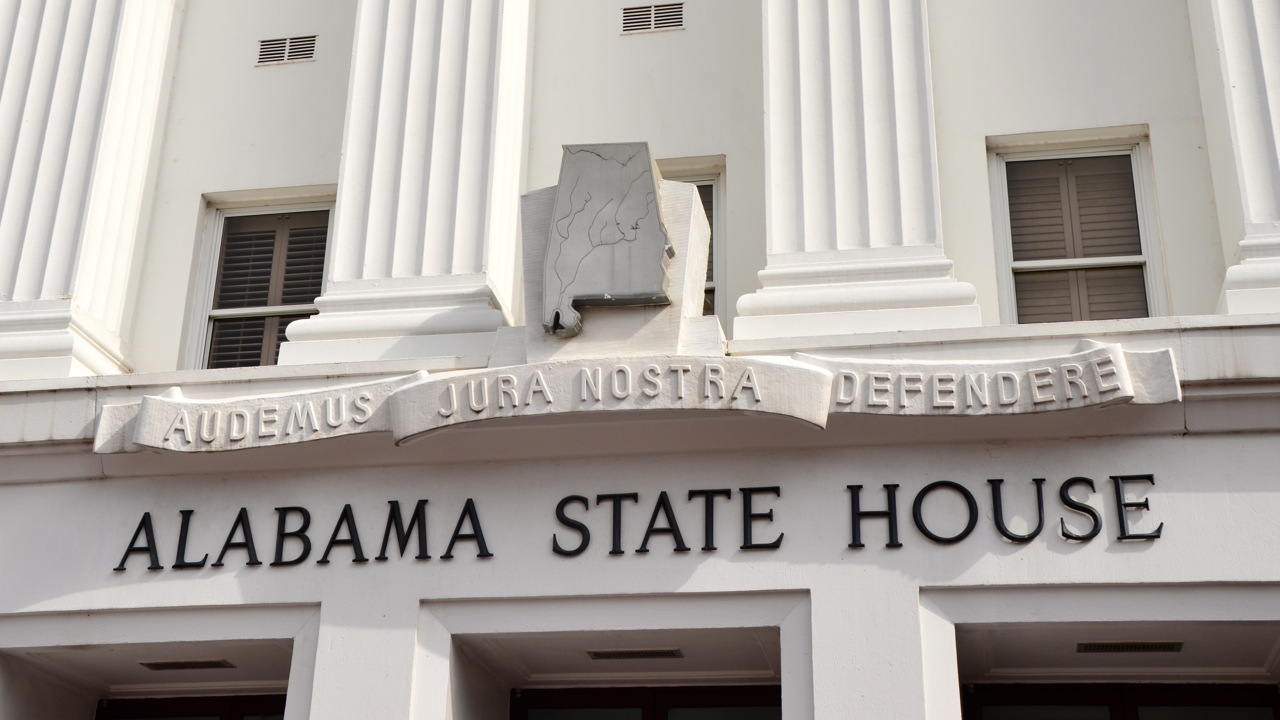
By Glynn Wilson –
Two very different lottery bills won approval in the Alabama Senate Tourism and Marketing Committee on Tuesday, the second day of a special session prompted by a Medicaid funding shortfall, according to Arise policy analyst Carol Gundlach.
Both are sponsored by Senator Jim McClendon, a Republican from Springville, and the Senate could debate both on the floor Wednesday.
Senate Bill 3, introduced at the request of Gov. Robert Bentley, creates a “simple” lottery consisting only of lottery ticket sales. It would direct state lottery revenue to the General Fund, which supports non-education services like health care and public safety.
Senate Bill 11 would create a ticket-based lottery but also would allow (and tax) “electronic lotteries” at existing dog tracks in Greene, Jefferson, Macon and Mobile counties. It would also would authorize Bentley to seek additional state revenue by negotiating a compact with the Poarch Band of Creek Indians. It would direct state lottery and gambling tax revenues to both the General Fund and education budgets.
Both plans would require voter approval in November.
While the non-profit group Arise does not take a position for or against a lottery, Gundlach says it’s important to note that a lottery would not produce revenue in time to fund Medicaid fully in 2017, or to reverse the 30 percent Medicaid payment cuts to pediatricians and other primary care doctors that began Aug. 1.
More cuts will follow unless the Legislature addresses Medicaid’s $85 million shortfall. Medicaid provides health coverage for one in five Alabamians, mostly children, seniors and people with disabilities.
One measure that could help avert Medicaid cuts in 2017 cleared the House’s General Fund budget committee Tuesday. House Bill 36, sponsored by Rep. Steve Clouse, a Republican from Ozark, would use income from the BP oil spill settlement to offset state-issued bonds. Revenue from those bonds would be used to pay off state debts, freeing up $70 million to go toward Medicaid’s $85 million shortfall in 2017. The House could consider the bill Wednesday.
“Alabama needs adequate, stable Medicaid funding to avoid cuts that hurt our communities, our neighbors and our health care system,” Arise policy director Jim Carnes wrote on Equal Voice News. “The long-term solution should include passing new revenue and closing the coverage gap for working families. Expanding Medicaid would allow Alabama to reap considerable state savings on mental health care and other services.”
In an odd turn of events, some pro-Democratic groups, notably Forward Alabama and the Over the Mountain Democrats in Birmingham, have come out against a lottery even though it was Democratic Governor Don Siegelman who first tried to pass an education lottery back in 1999.
Critics say the lottery would be just another tax on the poor.
The Alabama Black Democratic Caucus had indicated back during the regular session that it would filibuster any proposal that did not include full Medicaid expansion with federal money, but it is not clear if that will be the case in this special session.
Some Republican critics have indicated that a lottery vote on the November 8 ballot would increase voter turnout among Democrats, potentially hurting some down ballot Republicans. But there are few Democrats across the state who appear to have any chance at being elected anyway, even though while all three branches of state government are controlled by Republicans, they are all ensconsed in some of the worst political scandals in the state’s history.














Good start, Mr. Wilson. Please keep “biting at the heals” of that sorry bunch, in Montgomery. “Nobody’s rights are safe, when the Legislature is in session”. by former Speaker Rankin Fite, 1971